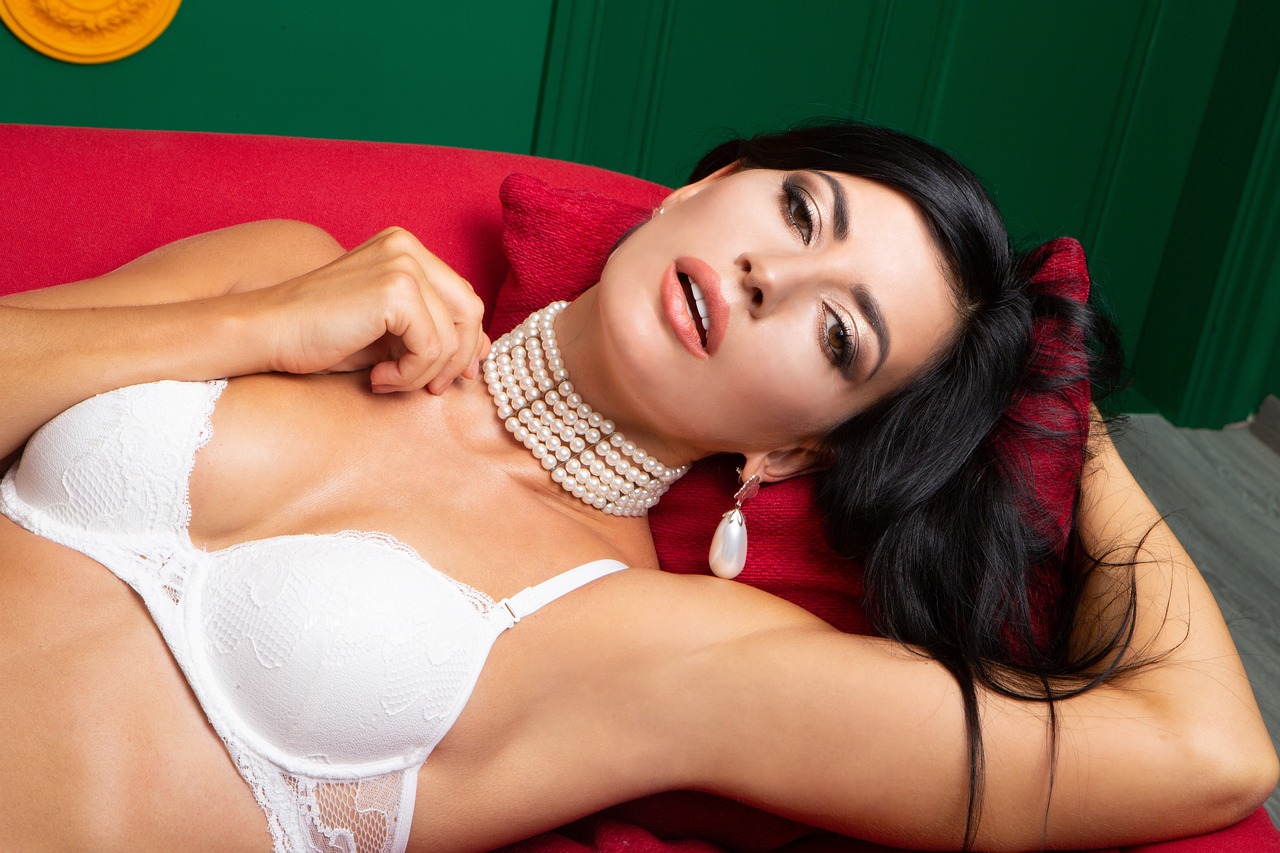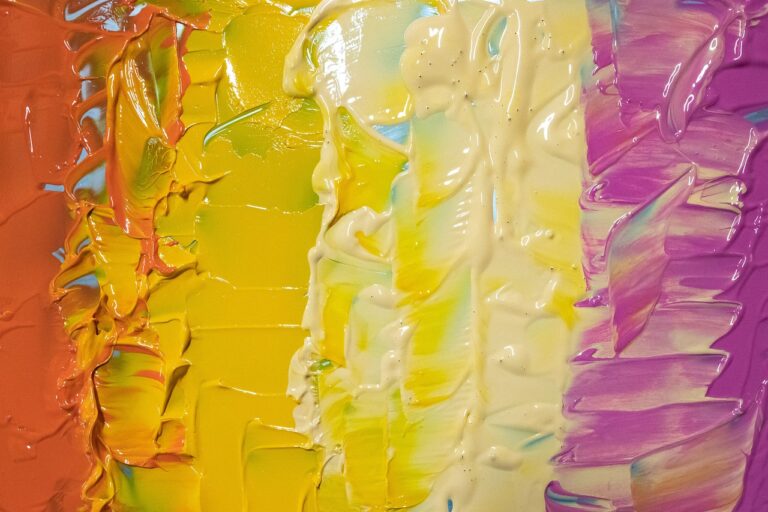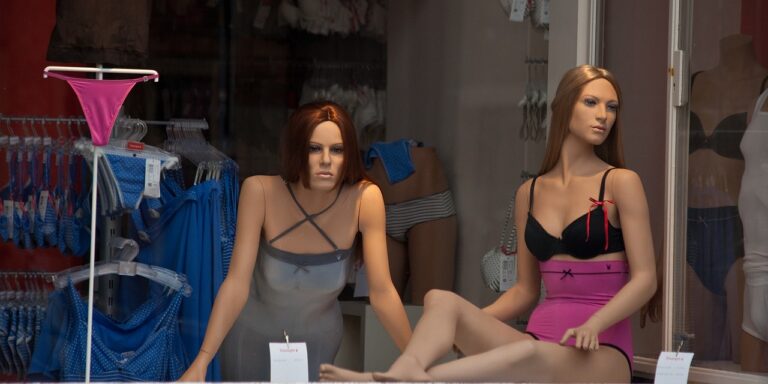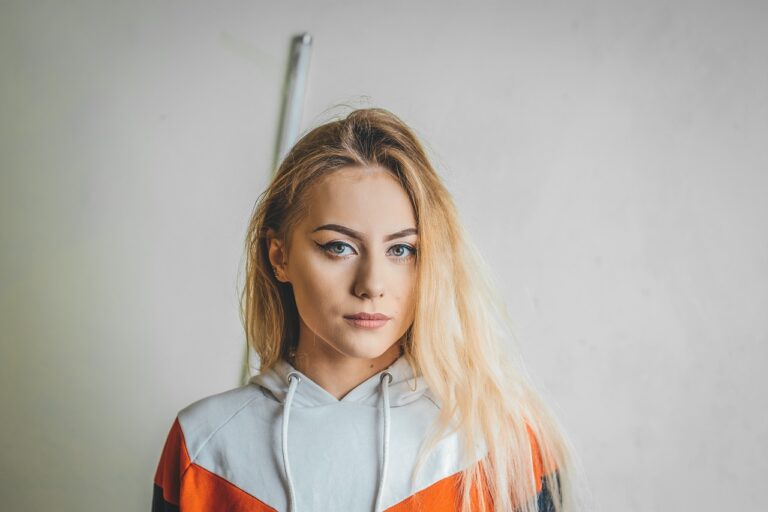Fashion and Body Image: Promoting Self-Acceptance and Confidence Through Clothing
Clothing plays a significant role in shaping how individuals perceive themselves. The garments we choose to wear can have a direct impact on our self-image and confidence. Whether consciously or unconsciously, the outfits we select convey messages about our personality, mood, and sense of style, ultimately influencing how we see ourselves and how others perceive us.
The relationship between clothing and self-image is complex and multifaceted. The colors, cuts, and styles we opt for can reflect our cultural backgrounds, socioeconomic status, and personal preferences. The process of selecting an outfit each day involves considering how we want to present ourselves to the world, highlighting the intricate connection between clothing choices and self-perception.
Understanding the Influence of Media on Body Perception
When exposed to an onslaught of unrealistic beauty standards promoted by the media, individuals often find themselves grappling with distorted perceptions of their own bodies. Constant bombardment of images of flawless models and celebrities can lead to feelings of inadequacy and low self-esteem among viewers. This can create a pervasive culture of comparison and self-criticism, as people strive to measure up to unattainable ideals.
Furthermore, the portrayal of a narrow definition of beauty in the media can contribute to the internalization of negative body image. This can be especially damaging for young individuals who are still in the process of forming their identities and self-perceptions. The relentless emphasis on physical appearance as a marker of worth can cultivate feelings of insecurity and pressure to conform to societal expectations, often at the expense of one’s mental and emotional well-being.
Recognizing the Role of Social Media in Shaping Beauty Standards
Social media plays a critical role in shaping beauty standards in today’s society. Platforms like Instagram, Facebook, and Snapchat are flooded with images of influencers and celebrities adhering to a certain ideal of beauty, which can have a significant impact on how individuals perceive themselves. The constant exposure to these unrealistic beauty standards can lead to feelings of inadequacy and low self-esteem in many individuals.
Moreover, social media often perpetuates a narrow definition of beauty, emphasizing physical appearance over qualities like intelligence, kindness, and talent. This narrow focus can lead to the internalization of harmful beauty standards, making individuals believe that they must look a certain way to be considered attractive or valuable. As a result, many people feel pressured to conform to these unrealistic ideals, resorting to extreme measures such as cosmetic surgery or excessive dieting to achieve the desired look.
• Social media platforms like Instagram, Facebook, and Snapchat are flooded with images of influencers and celebrities adhering to a certain ideal of beauty
• Constant exposure to unrealistic beauty standards can lead to feelings of inadequacy and low self-esteem in many individuals
• Narrow definition of beauty on social media emphasizes physical appearance over qualities like intelligence, kindness, and talent
• Internalization of harmful beauty standards can make individuals believe they must look a certain way to be considered attractive or valuable
• Pressure to conform to unrealistic ideals may result in extreme measures such as cosmetic surgery or excessive dieting
How does clothing impact self-image?
Clothing can play a significant role in shaping self-image as it can affect how individuals perceive themselves and how they are perceived by others.
What influence does media have on body perception?
Media, including magazines, television, and social media, often portray unrealistic beauty standards that can negatively impact individuals’ body perception and self-esteem.
How does social media shape beauty standards?
Social media platforms often promote certain beauty ideals, leading individuals to compare themselves to unrealistic standards and feel pressure to conform to these ideals.
Can social media have a positive impact on beauty standards?
While social media can perpetuate unrealistic beauty standards, it also has the potential to promote diversity and body positivity, leading to a more inclusive perception of beauty.







